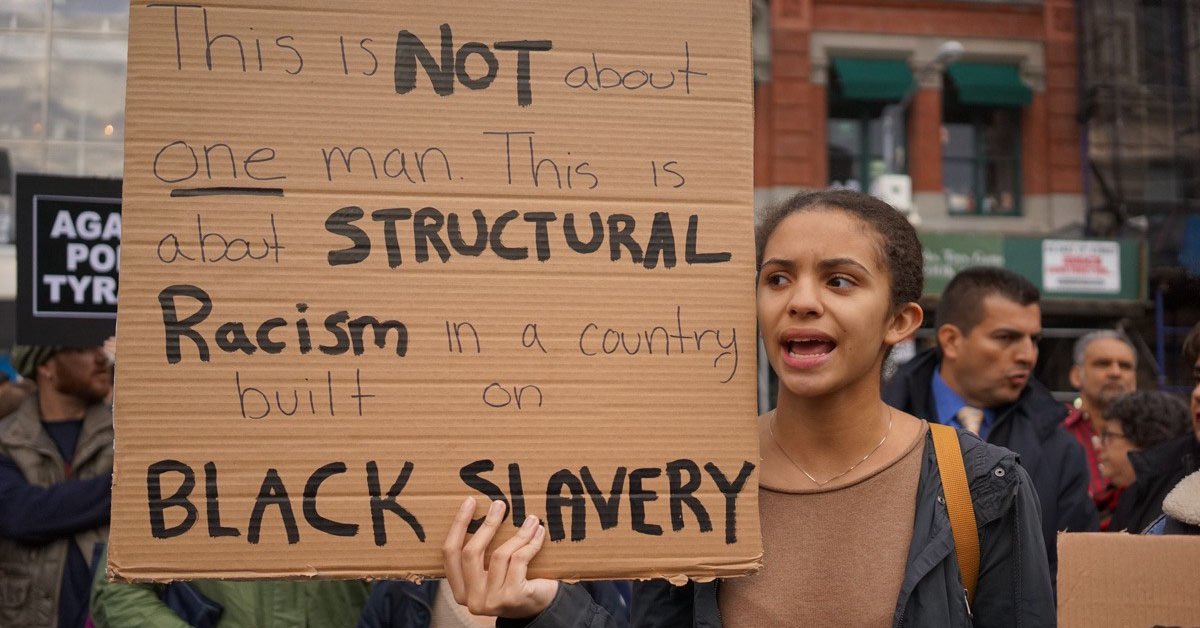Racism is one of our nation’s most profound public health challenges, yet measuring the full extent of its harm has long been elusive for public health researchers. To address this problem, researchers at the University of Minnesota School of Public Health (SPH) are launching a new project to advance the work of measuring structural racism and its impact on racialized communities across the US.

The $1.25 million project funded by the Robert Wood Johnson Foundation is called, “Making the Invisible Visible: Building Capacity for the Measurement of Structural Racism.” The project has three principal aims:
- Dissemination and promotion of the MeasuringRacism Data Portal – a unique, cutting-edge data repository of measures of structural racism created by SPH that will provide researchers access to data, measurement tools, and other resources.
- Development of a scholars program at the SPH Center for Antiracism Research for Health Equity (CARHE) to help build a critical mass of interdisciplinary scholars contributing to the field of measuring structural racism.
- Hosting up to two national antiracism convenings to develop methods to measure
structural racism.
“A major challenge for research on structural racism as a root cause of health inequities is the difficulty in measuring and quantifying the degree to which it exists within a community,” says Rachel Hardeman, founding director of CARHE and Blue Cross Endowed Professor of Health and Racial Equity at SPH. “We know that structural racism exists, but as researchers, we need empirical evidence in order to quantifiably measure the relationship between structural racism and inequities in population health. We need to build the evidence base that allows health researchers to answer the fundamental question ‘How is racism operating here?’ in replicable ways.”
Communicating and building awareness about the impact of structural racism is another key priority of the project. Throughout the grant period, CARHE staff will partner with public relations professionals to publicize the data portal, the scholars program, and the national convenings to several key target audiences including Black, Indigenous and other racialized communities, public health and health equity researchers, policymakers, and health professionals.
The project is slated to be completed in 2025.

